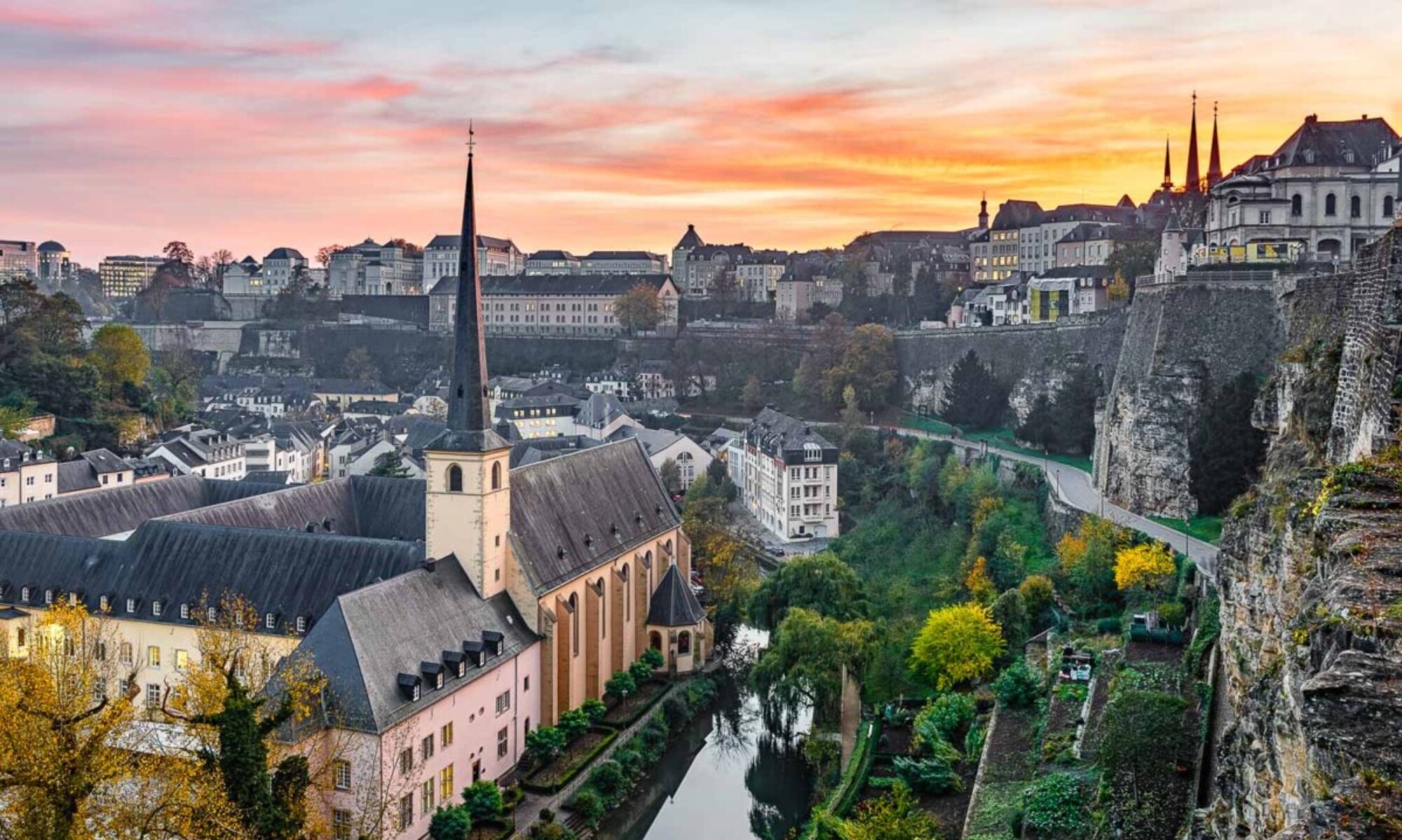Luxembourg’s wealth of natural resources, spanning iron ore, fertile agricultural lands, and extensive forests, reflects its dedication to sustainable development and responsible resource management (Kästle, n.d). One of the country’s primary natural resources is iron ore, which in the southern region of Luxembourg, known as the Minette region, is rich in high-quality iron ore deposits. The exploitation of these iron ore resources has been a crucial factor in the growth of Luxembourg’s steel industry, making it one of the world’s leading producers of steel. The steel sector has not only contributed substantially to the country’s GDP but also generated employment opportunities and fostered technological advancements (Singh, 2022). In addition to iron ore, Luxembourg possesses substantial resources of arable land and forests as agriculture is a vital sector in the country, with fertile soils supporting the cultivation of crops such as grains, potatoes, and grapes (Luxembourg – Agricultural Land Forecast, n.d). Luxembourg’s natural resources not only fulfill domestic needs but also contribute to the nation’s food industry and export activities.
Luxembourg’s interrelations of natural resources with European and other countries are influenced by its geographic location in the center, although small size, of Europe and its engagement in extensive trade and cooperation with neighboring countries to meet its resource needs and leverage its assets effectively (Luxembourg Report, n.d). In all, Luxembourg’s interrelations of natural resources with Europe and other countries are characterized by its strategic location, and trade agreements within the European Union (Luxembourg – EU Member Country Profile, n.d). One of the critical aspects of these interrelations is trade, as Luxembourg’s strategic location at the crossroads of Europe makes it a key player in the transport and logistics sector. It serves as a major hub for road, rail, and air transportation, facilitating the movement of goods within Europe and beyond. This interconnectedness enhances Luxembourg’s role in trade and resource distribution (Luxembourg Exports, n.d). Luxembourg, despite its limited domestic resources, engages in extensive trade with neighboring European countries to access resources it lacks, as they source raw materials, energy resources, and agricultural products from neighboring European Union countries through imports (About Luxembourg, n.d). Luxembourg’s proactive engagement in European collaborations and global partnerships not only enriches its own resource landscape but also exemplifies its commitment to fostering mutual growth, sustainable practices, and shared prosperity on both regional and global scales.



